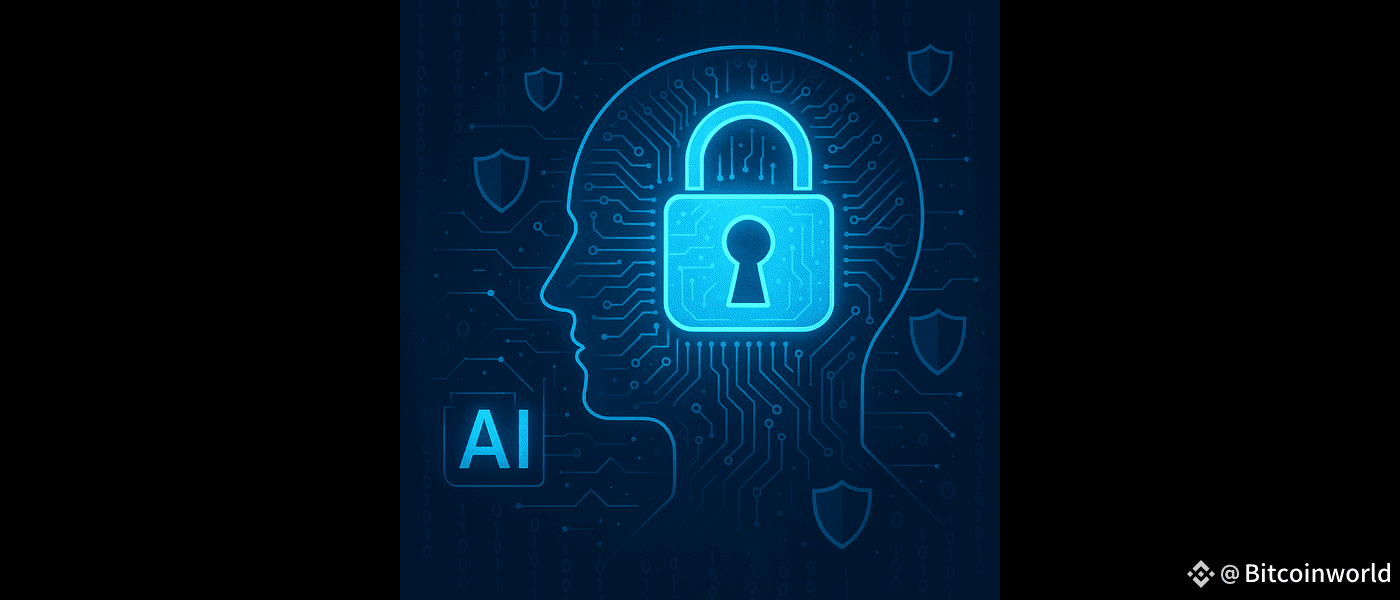BitcoinWorld  The Intersection of Blockchain, Mirror Domains, and Censorship: What’s at Stake?
The Intersection of Blockchain, Mirror Domains, and Censorship: What’s at Stake?
In an era where information is both weaponized and walled off, the war over internet freedom is being fought not just in parliaments and courtrooms, but in code. And at the center of this digital battlefield lies a potent alliance: blockchain technology and mirror domains. Together, they’re rewriting the rules of access, permanence, and resistance in the face of rising global censorship.
From decentralized file hosting to uncensorable domain systems, these tools offer more than just technical solutions—they represent a radical vision for a freer internet. But this vision is not without its challenges, controversies, and consequences. As governments clamp down harder and the web grows more fragmented, the intersection of blockchain, mirror domains, and censorship raises an urgent question: What’s really at stake?
The Censored Web: A Growing Reality
Across the world, access to the internet is being curated, filtered, or flat-out denied. Entire websites vanish at the stroke of a key. News portals go offline, independent voices are silenced, and activist platforms are rendered unreachable. In places like China, Iran, India, Turkey, and Russia, national firewalls and blacklists determine what’s seen and what’s not.
Even in countries that claim to champion digital freedom, takedown orders, algorithmic suppression, and geo-restrictions are tightening control. What was once a global village now resembles a patchwork of gated communities.
Mirror Domains: The First Line of Digital Resistance
Mirror domains—replicas of original websites hosted under different URLs or IPs—have long been the first response to censorship. When a site gets blocked, a mirror pops up elsewhere, allowing users to continue accessing the same content.
While effective, mirror domains face a cat-and-mouse game: governments blacklist mirrors as fast as they appear. Hosting providers, under legal pressure, pull the plug. DNS providers delist them. And so, the cycle continues.
This is where blockchain enters the equation—not just as a technology, but as a philosophy.
Enter the Blockchain: Building a Web That Can’t Be Shut Down
At its core, blockchain is about decentralization and immutability—two qualities that strike at the heart of censorship. When applied to web hosting and domain management, it offers a fundamentally different architecture:
Decentralized Storage: Platforms like IPFS (InterPlanetary File System) and Arweave allow users to store website files across distributed nodes, removing single points of failure.
Blockchain-Based Domains: Services such as Unstoppable Domains or ENS (Ethereum Name Service) enable users to create domain names that are stored on the blockchain itself, beyond the reach of traditional domain registrars or DNS authorities.
Censorship Resistance: Once a site is hosted on IPFS and linked to a blockchain domain like .crypto or .eth, it’s nearly impossible to take down. There’s no central host to sue, no registrar to pressure, no DNS to hijack.
“It’s not just about mirroring anymore,” says Sara Zhang, CTO of a blockchain infrastructure startup. “It’s about building websites that can’t be deleted. Period.”
The Stakes: Freedom vs. Abuse
Of course, with such power comes deep complexity. A truly uncensorable web can just as easily protect whistleblowers and journalists as it can shield hate groups, pirated content, or extremist propaganda. In a blockchain-powered internet, there is no moderator, no flag button, no authority to appeal to.
And that’s where the ethical stakes rise.
“The problem isn’t the technology,” argues Dr. Jonas Weir, a digital ethics scholar. “It’s that we haven’t collectively decided how to govern a space where nothing can be undone. The blockchain doesn’t forget. That’s powerful, but also dangerous.”
Governments and rights organizations are now grappling with this dilemma. Should blockchain-hosted extremist content be tolerated in the name of digital freedom? Who bears responsibility when illegal material becomes permanently embedded across decentralized networks?
Crypto-Anonymity: Fueling the Fire or Defending the Innocent?
Anonymity is another double-edged sword. Blockchain transactions and domain registrations, particularly in privacy-centric networks, allow creators to remain untraceable. While this empowers activists under repressive regimes, it also enables bad actors to operate unchecked.
The 2021 launch of blockchain-based dark web alternatives raised red flags globally, with many calling for new frameworks to distinguish between ethical resistance and criminal evasion.
“We need decentralized accountability, not just decentralized access,” says Nisha Verma, a policy advisor with the Internet Governance Forum. “Otherwise, we’re just trading one form of control for another.”
The Web3 Vision: A Censorship-Free Future or a New Wild West?
Proponents of Web3—an internet built on blockchain principles—see this as the dawn of a more democratic digital age. Websites no longer hosted on central servers. Identities owned by users, not platforms. Monetization systems that bypass traditional gatekeepers.
Yet critics warn that without regulation, Web3 may replicate the very power imbalances it seeks to dismantle—just under different banners.
The tension is clear: the more uncensorable the web becomes, the more important it is to define ethical boundaries, technical safeguards, and global norms for its use.
Conclusion: A Web Reimagined—But at What Cost?
The intersection of blockchain, mirror domains, and censorship is more than a technical convergence—it’s a cultural crossroads. It forces us to rethink control, expression, permanence, and responsibility in an online world that is simultaneously expanding and fracturing.
We’re no longer just asking whether we can build an uncensorable internet. We’re asking whether we should—and if we do, who ensures it serves the greater good?
In the pursuit of digital freedom, blockchain may very well hold the keys. But the question that remains is: freedom for whom, and freedom at what cost?
This post The Intersection of Blockchain, Mirror Domains, and Censorship: What’s at Stake? first appeared on BitcoinWorld and is written by Keshav Aggarwal

